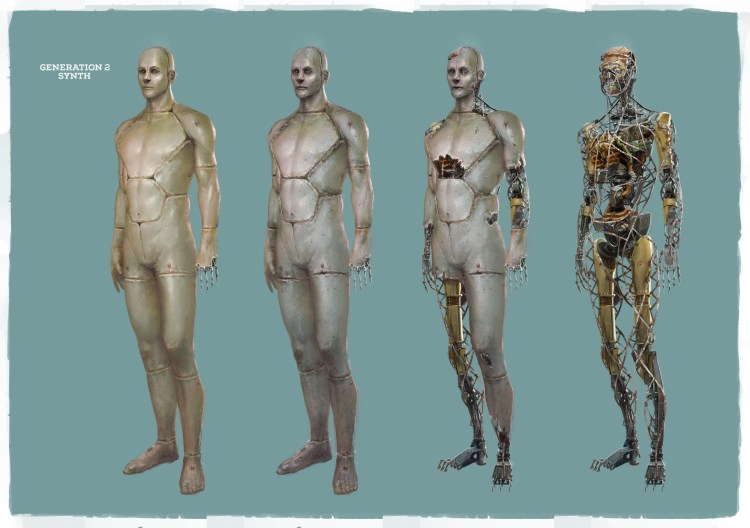Evil scientists are potentially among us, and publisher Bethesda is trying to warn us about them with its new game.
The Massachusetts Institute of Technology is not an evil organization, the university has told GamesBeat. But the respected Cambridge, Massachusetts-based beacon of education is making this claim in the face of the upcoming post-apocalyptic role-playing game Fallout 4, which suggests that MIT is, in fact, a threat to humanity.
Here, just watch the launch trailer for Fallout 4 and keep your ears open for any mention of “The Institute,” which is a reference to MIT:
“I think it’s pretty flattering that Bethesda has imagined a future where much has been obliterated in a nuclear exchange, but MIT still exists in some form,” MIT Game Lab research scientist Philip Tan told GamesBeat. “Walking by all the defense research labs in Kendall Square, it’s easy to imagine malfunctioning warheads coming home to roost.”
Fallout 4, of course, is a fictional science-fiction game about a world where the nuclear bombs all went off and destroyed civilization. This entry in the series is the first to take place in Massachusetts, referred to as “The Commonwealth” by the game’s inhabitants.
In the above trailer, you can see that your adventures will take you to Fenway Park, Boston Commons, and other key landmarks of that East Coast town of Boston. But no matter where the video takes us, everyone seems to have the same concern: robotic humans masquerading as flesh and blood. The characters call them “Synths,” which are the primary weapon, tool, and creation of The Institute.
Well, I’m sure that you, like the characters in Fallout 4, are now sufficiently horrified about what MIT is up to. So we asked it straight out to convince us that it isn’t really a dark, secretive organization hellbent on using Synths to usurp power from real people.
Here’s what MIT had to say for itself:
“Information systems and algorithms already have a significant influence over how we interpret reality,” said Tan. “The Metal Gear Solid series often explores the idea of widespread societal control through networks. We study these sort of issues in our program, and some of my colleagues build tools to help people counteract the biases and misinformation that often emerge from our current networked environment.
“Does that sound more or less reassuring to you?”
No, Philip — I’m sorry. It sounds like something a Synth-lover would say!
VentureBeat's mission is to be a digital town square for technical decision-makers to gain knowledge about transformative enterprise technology and transact. Learn More

